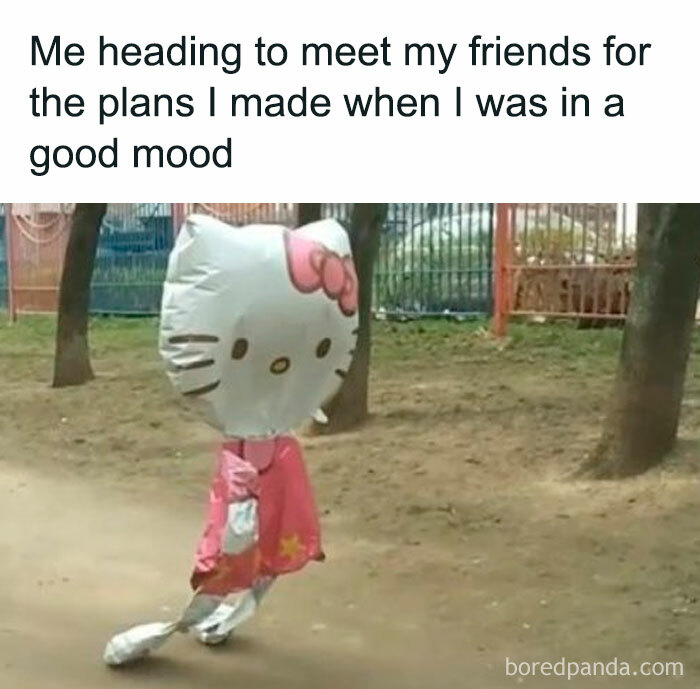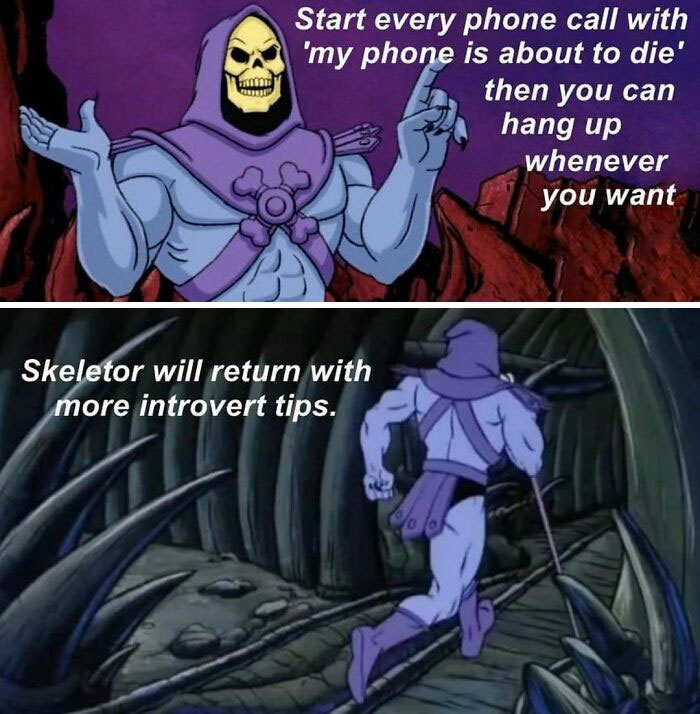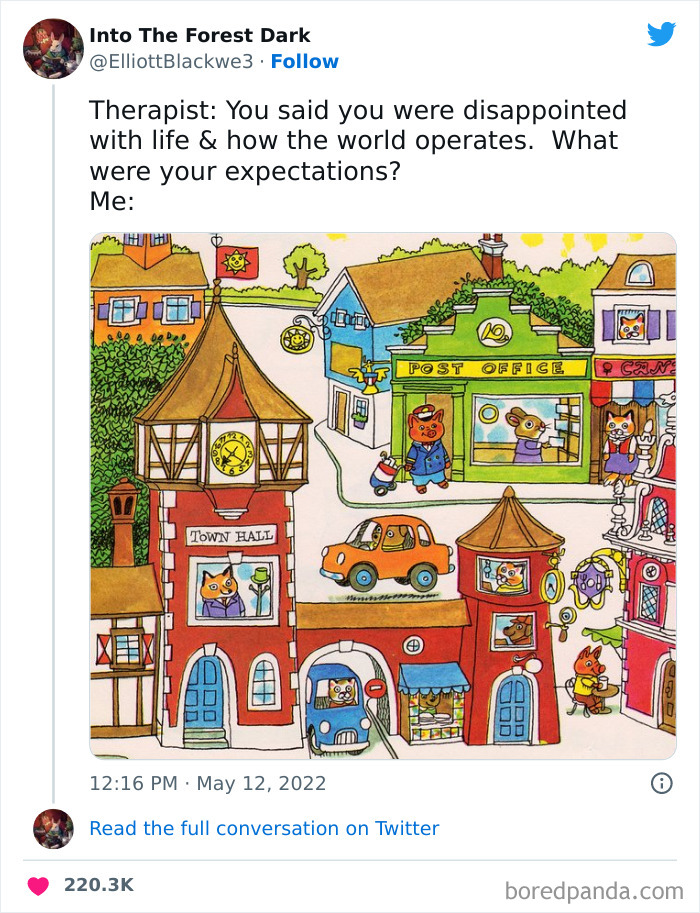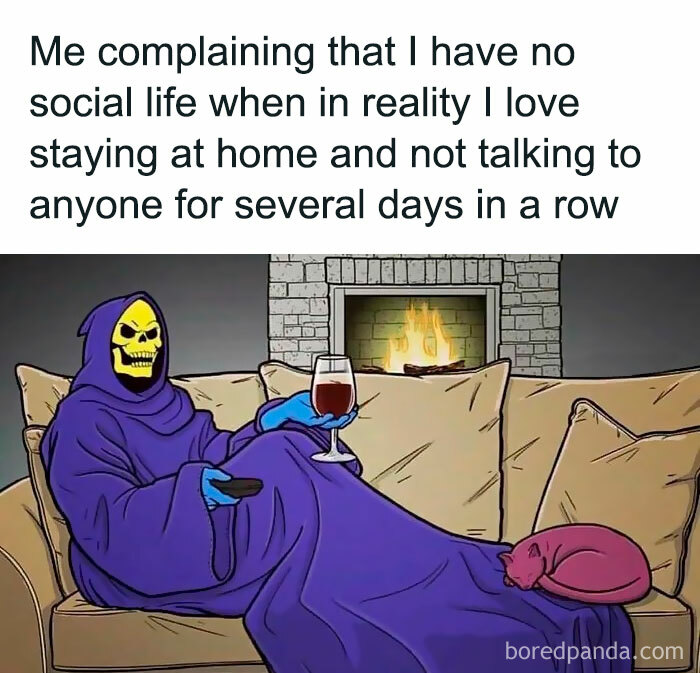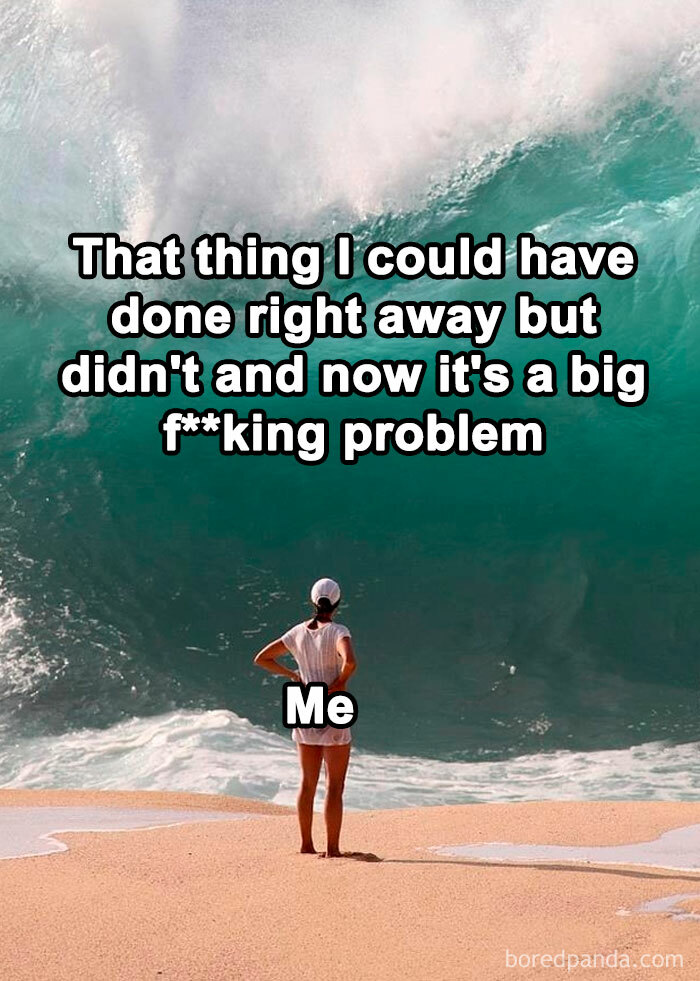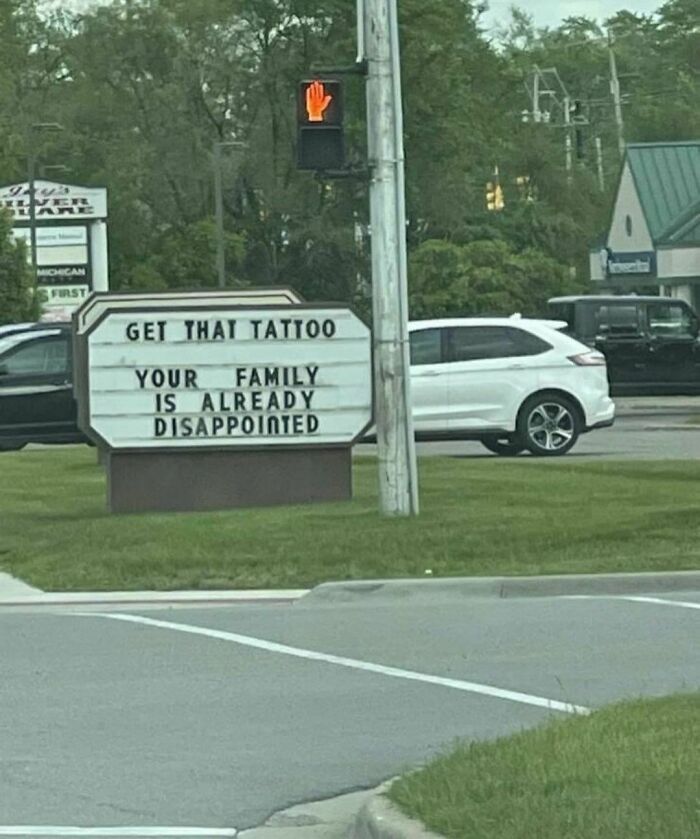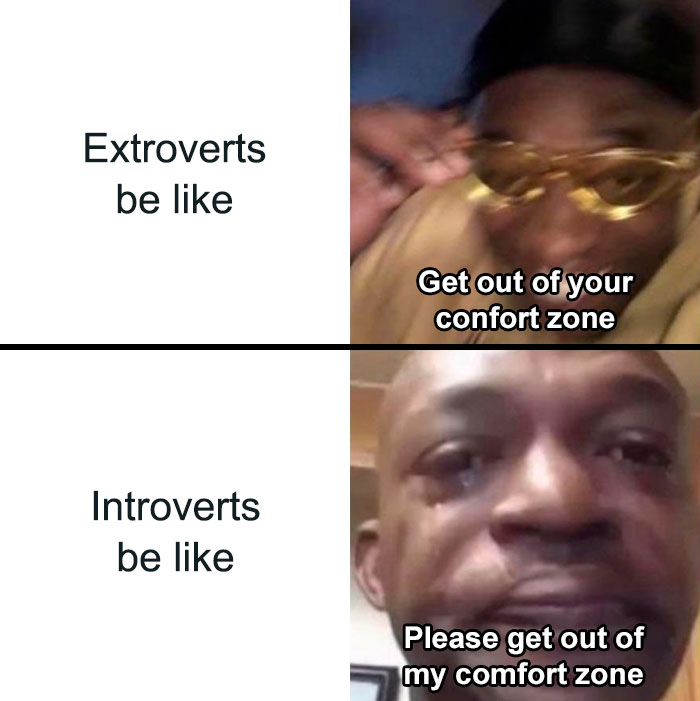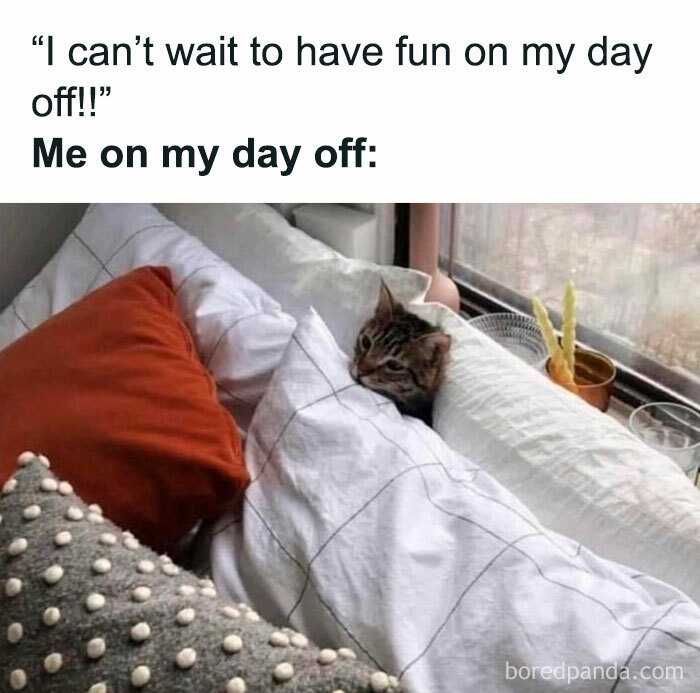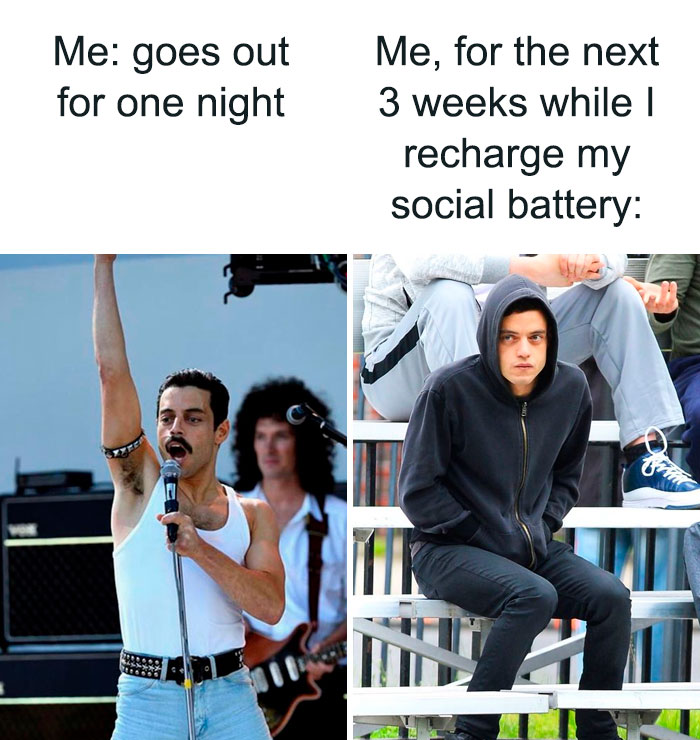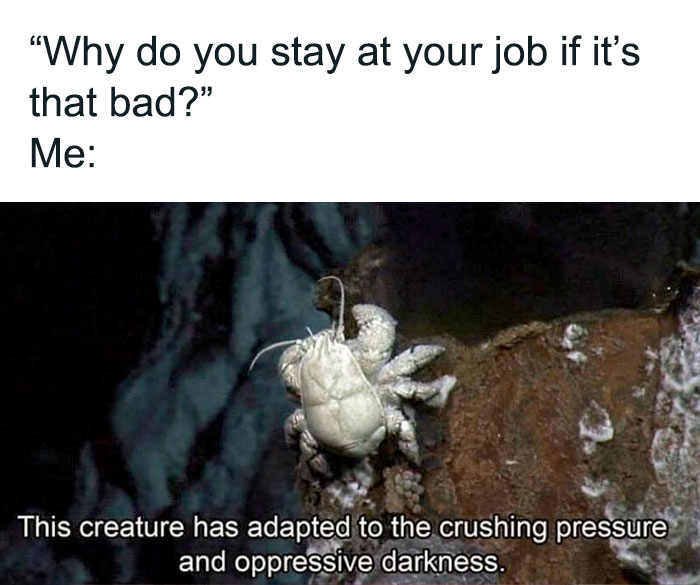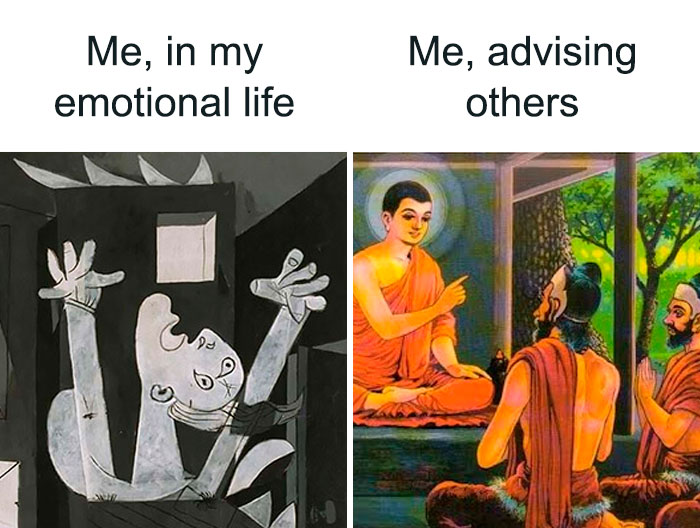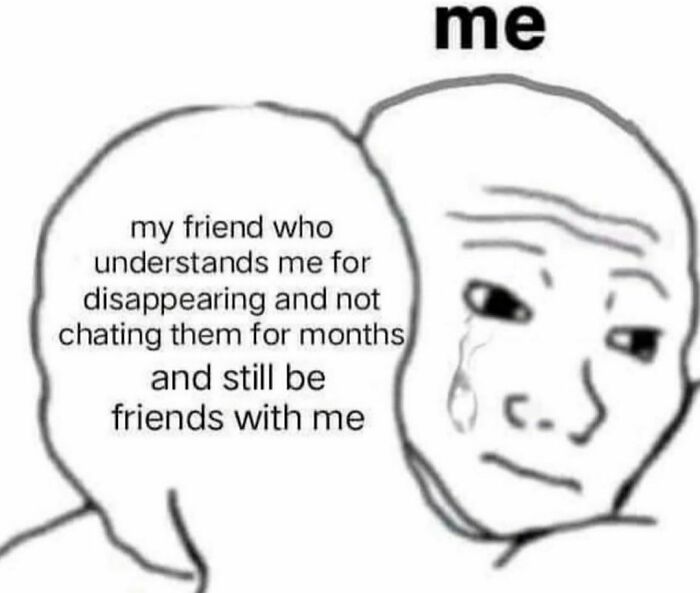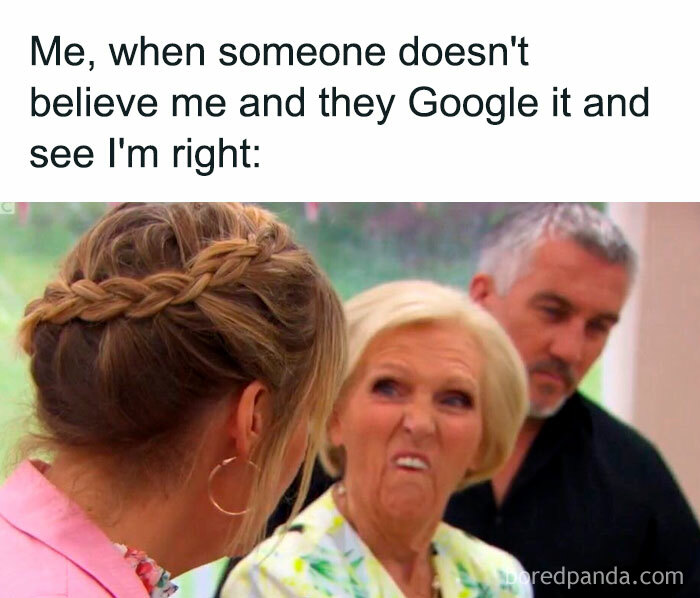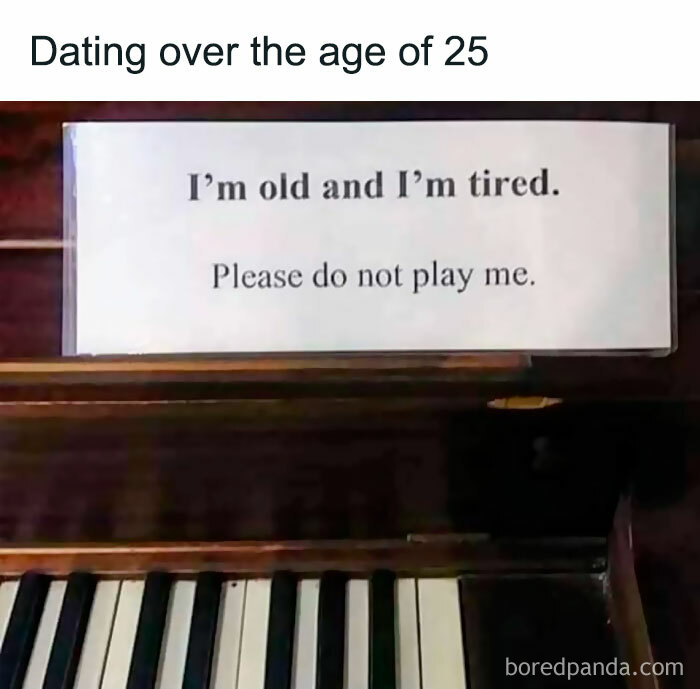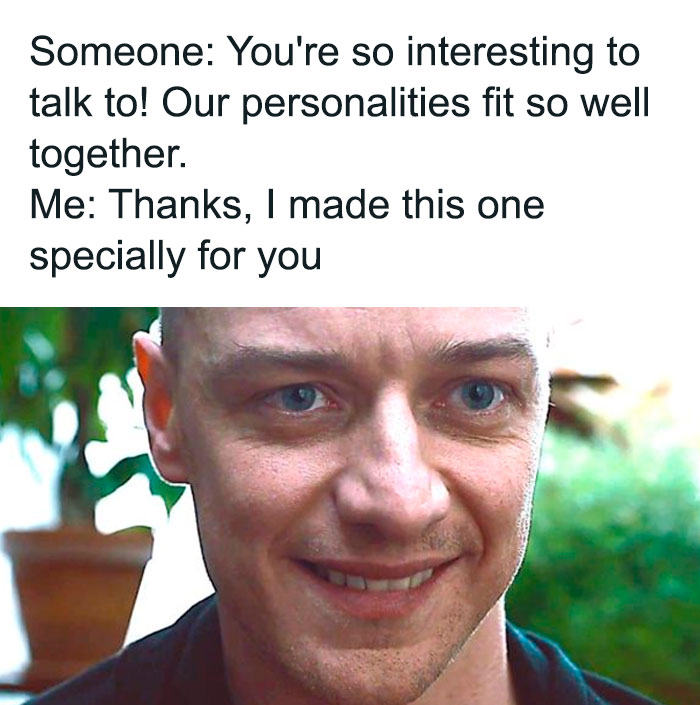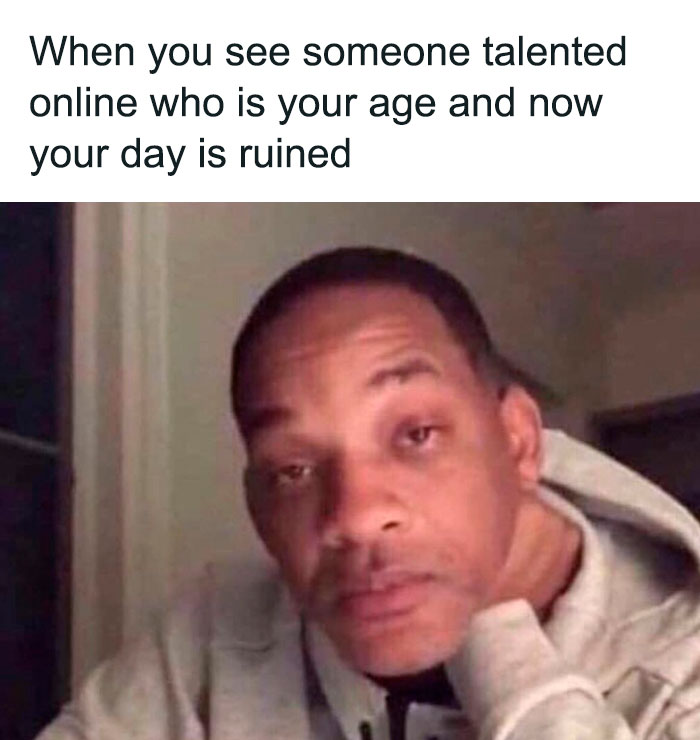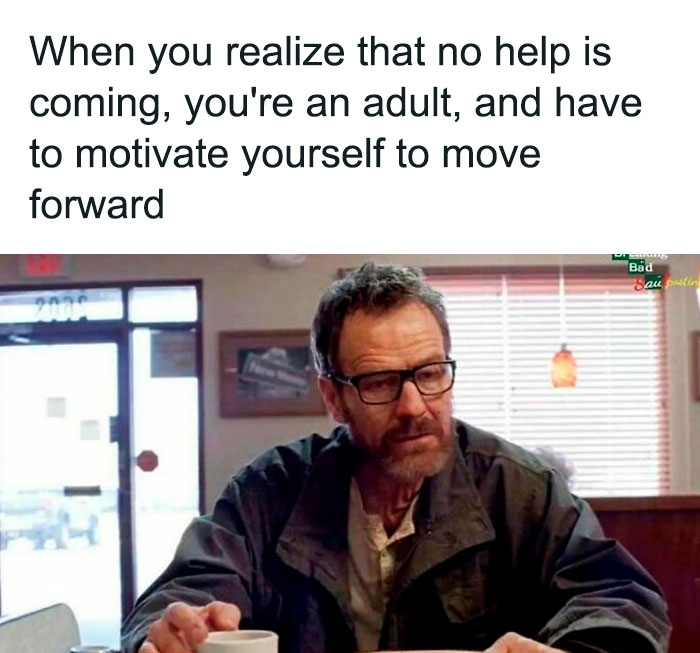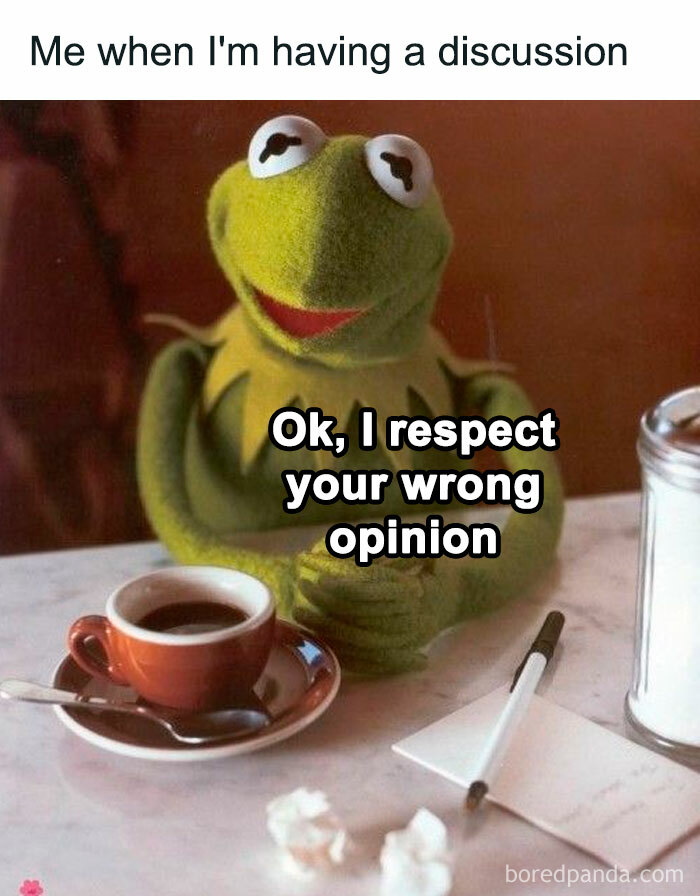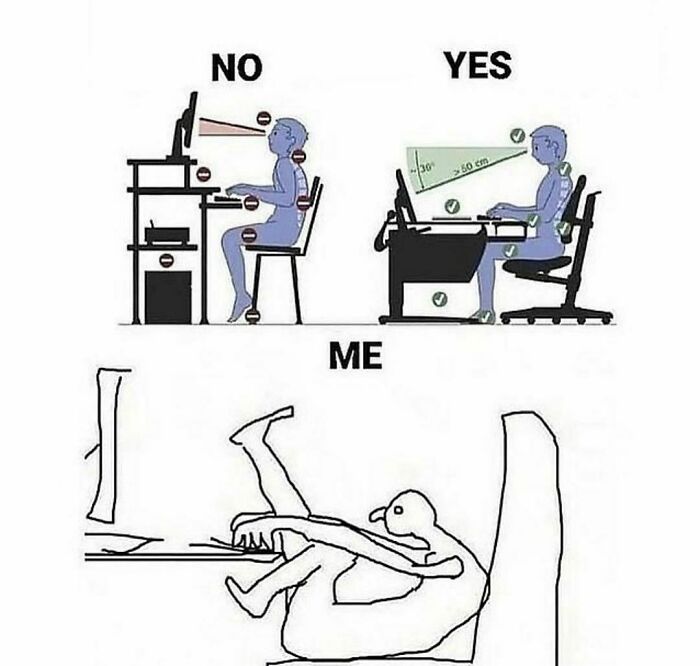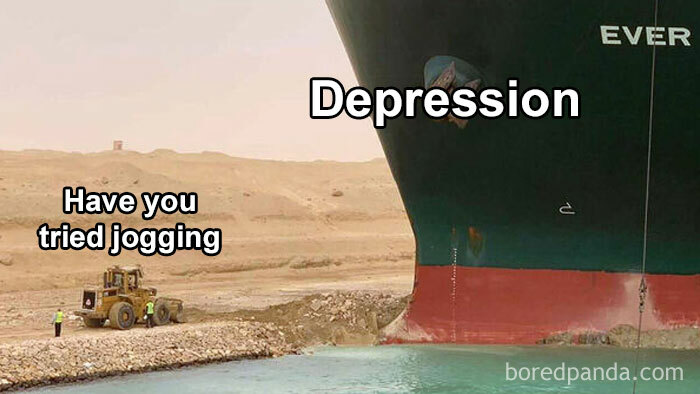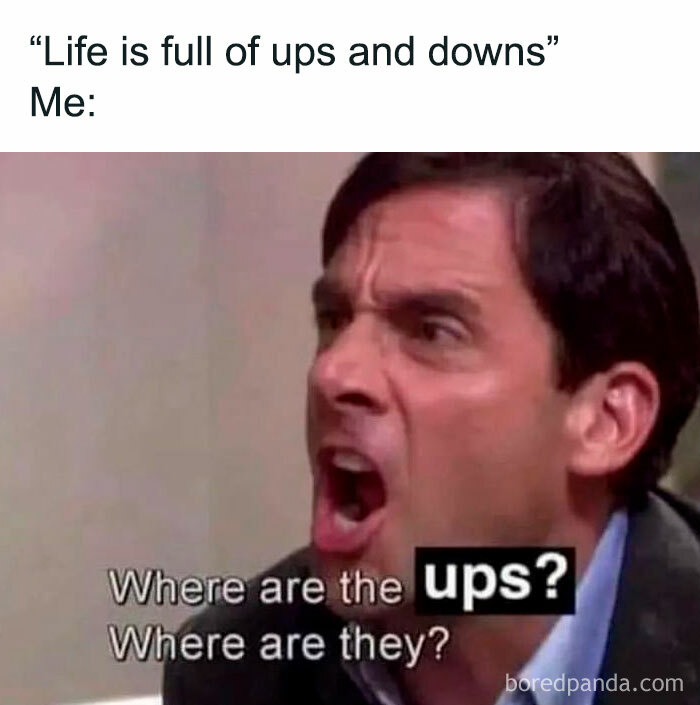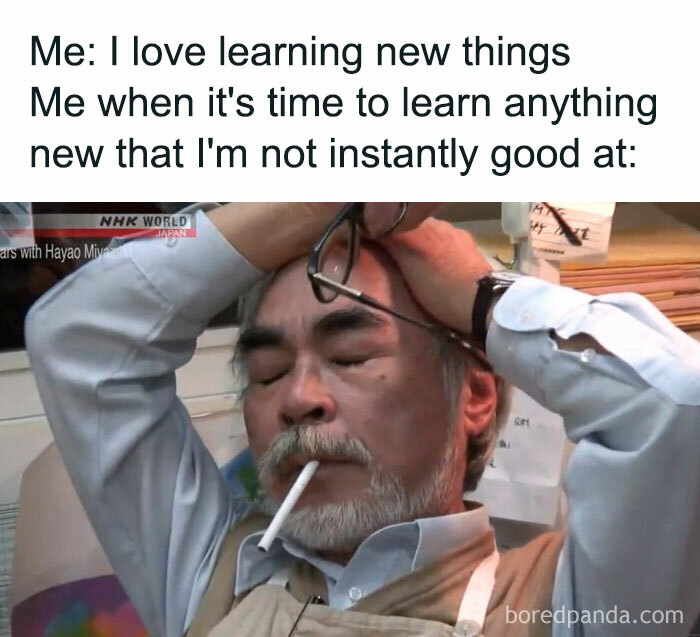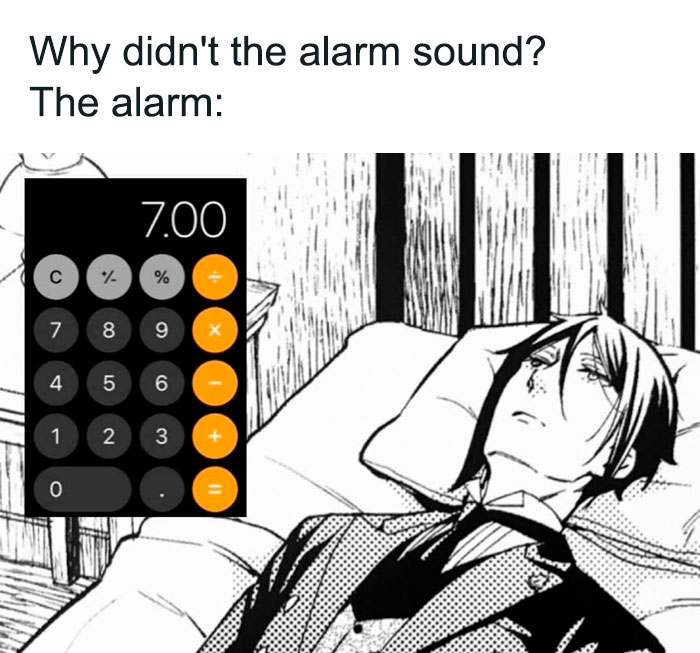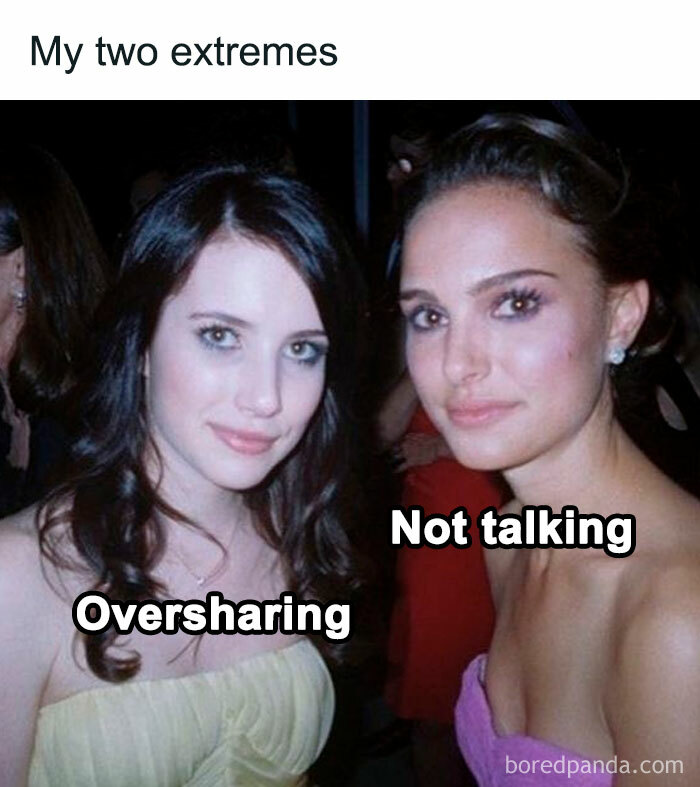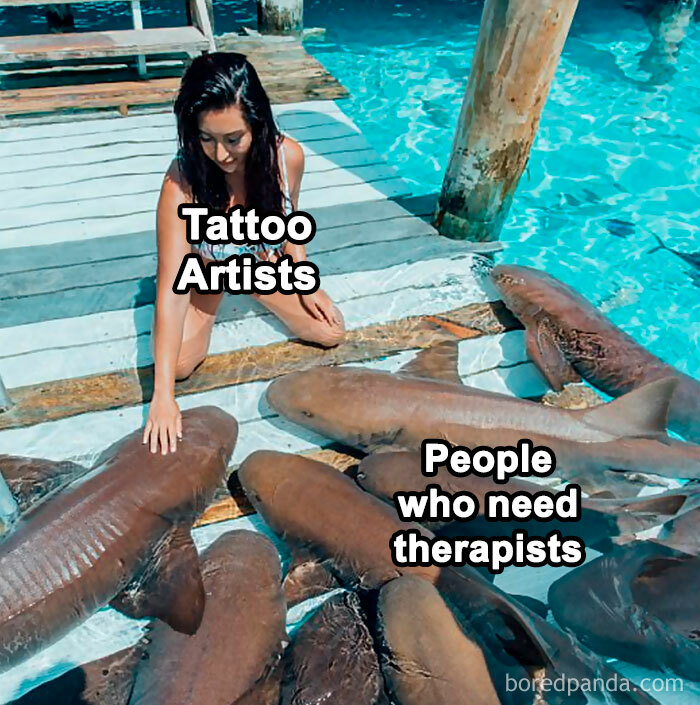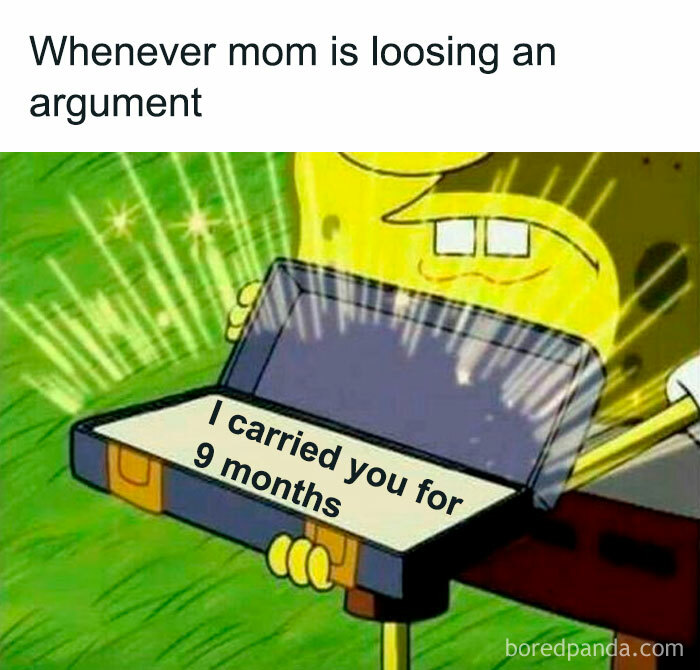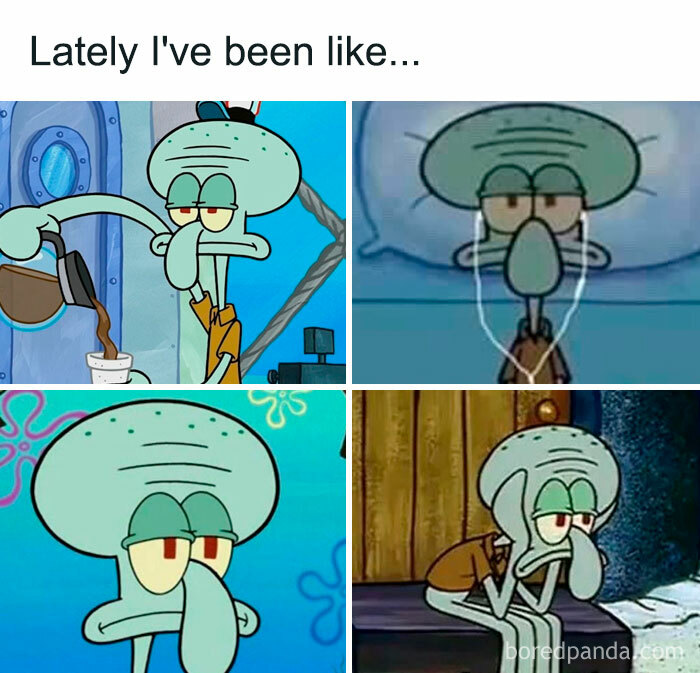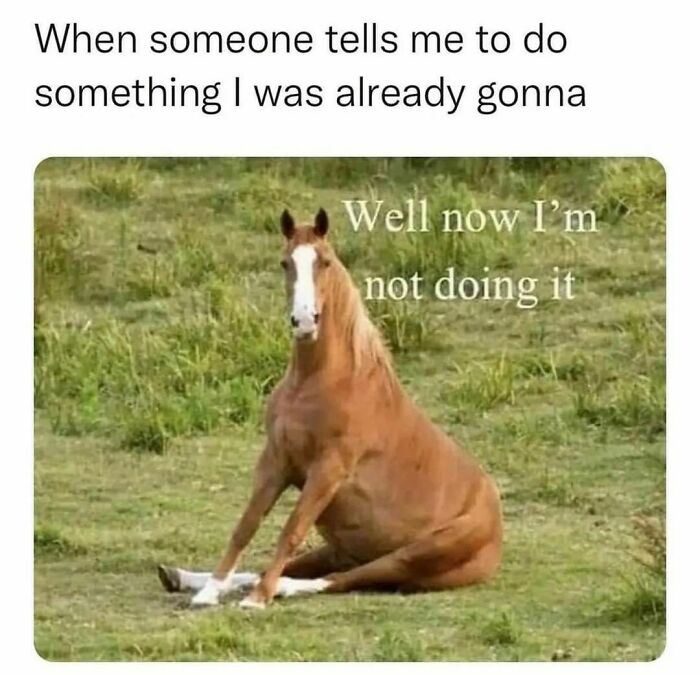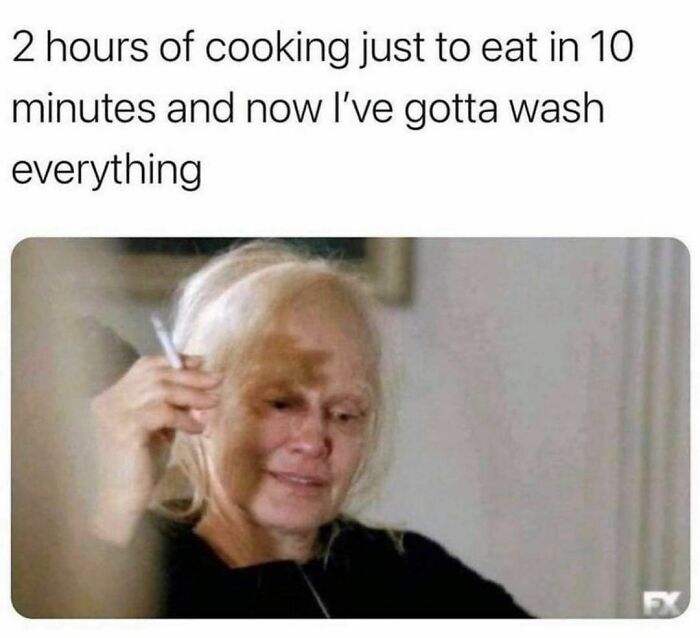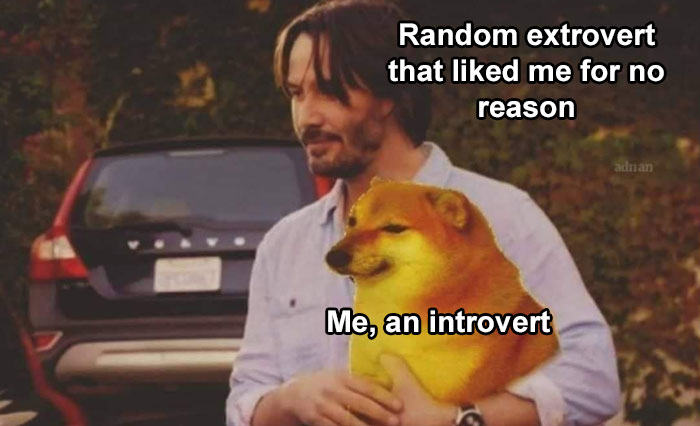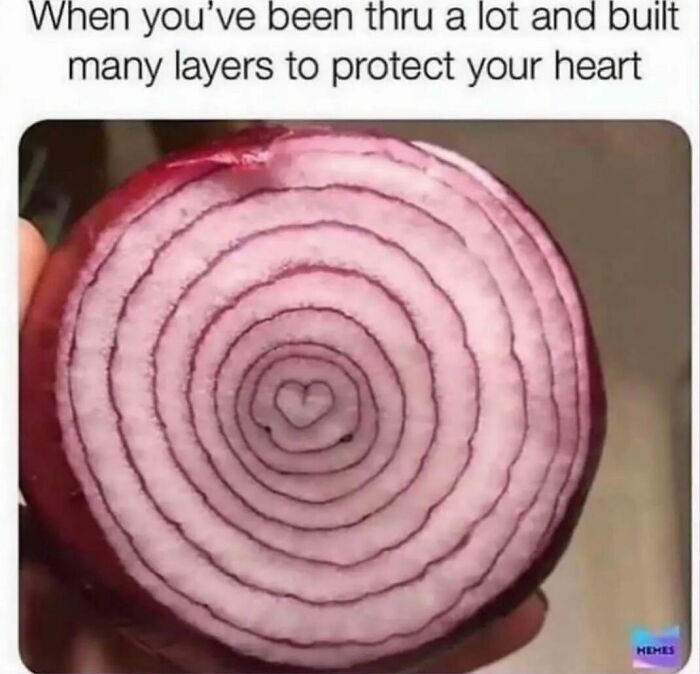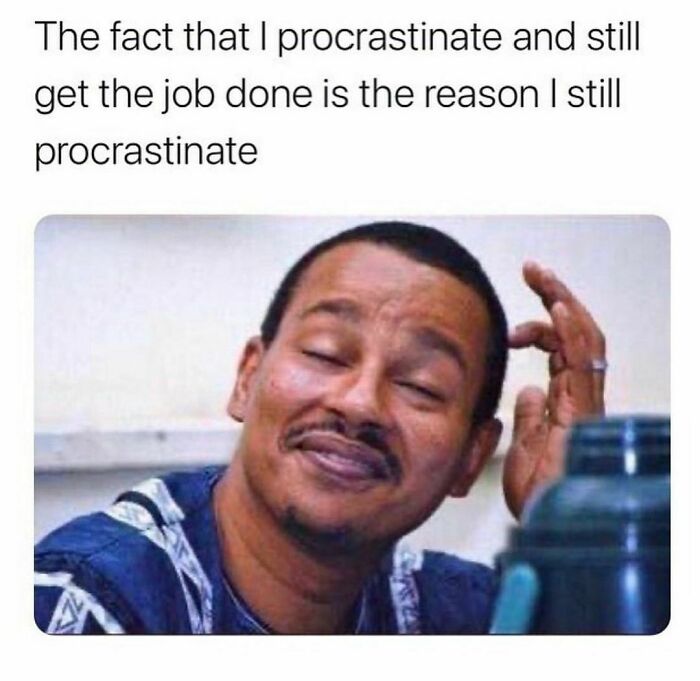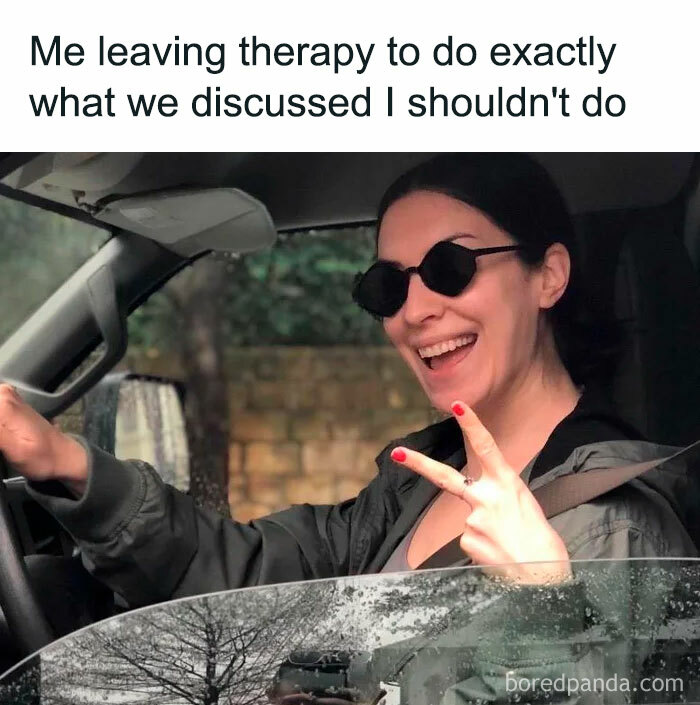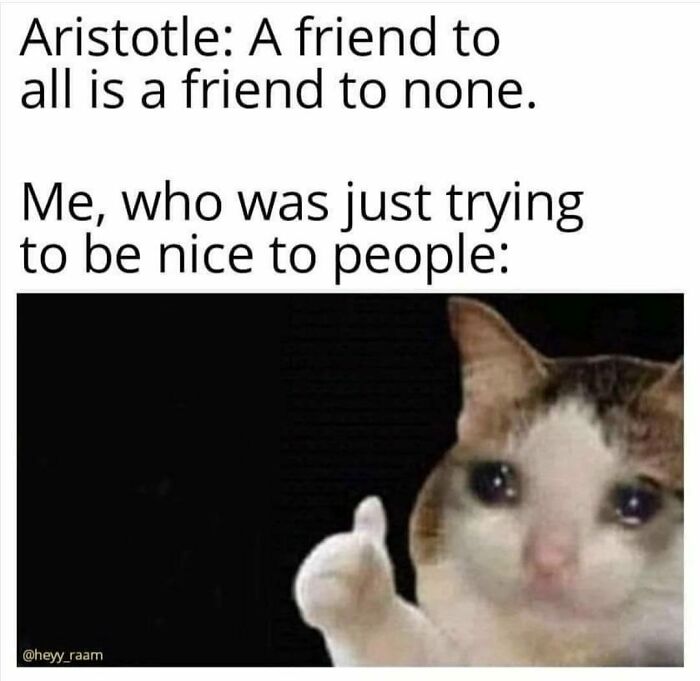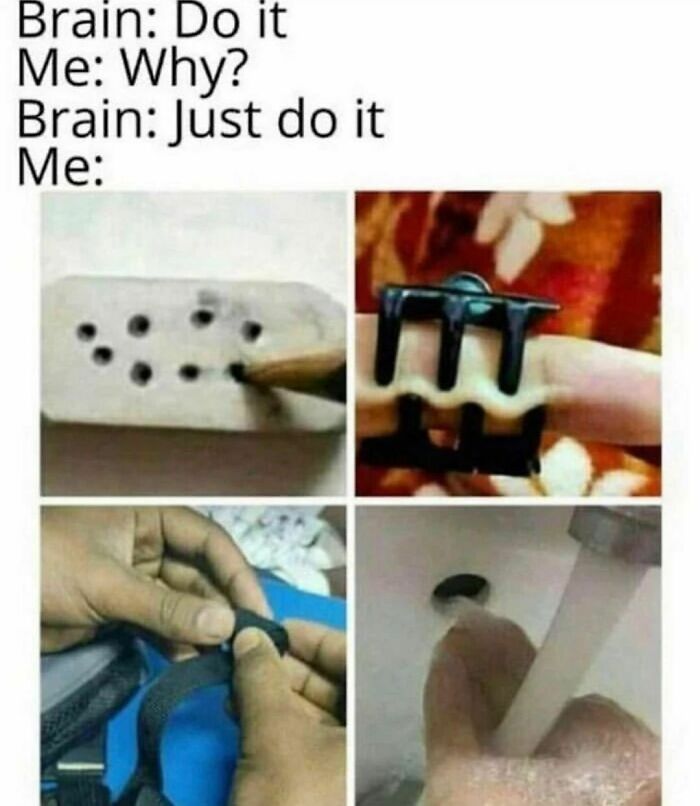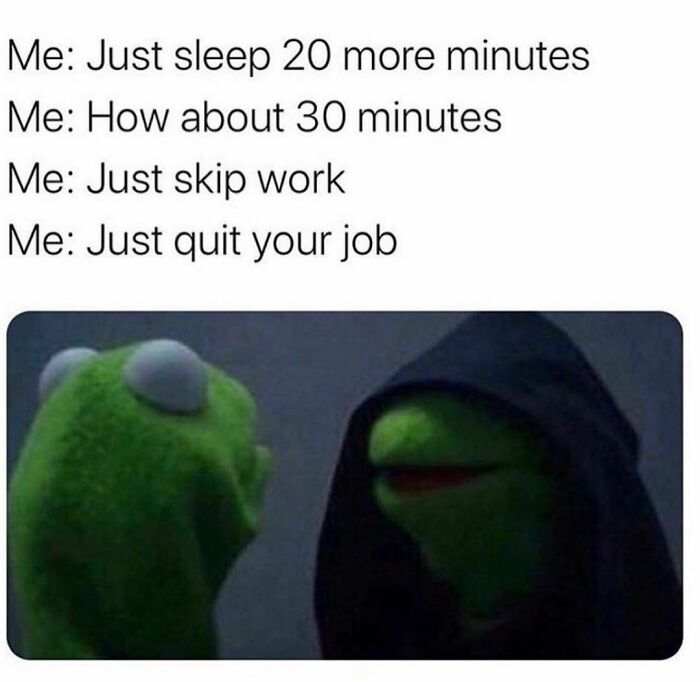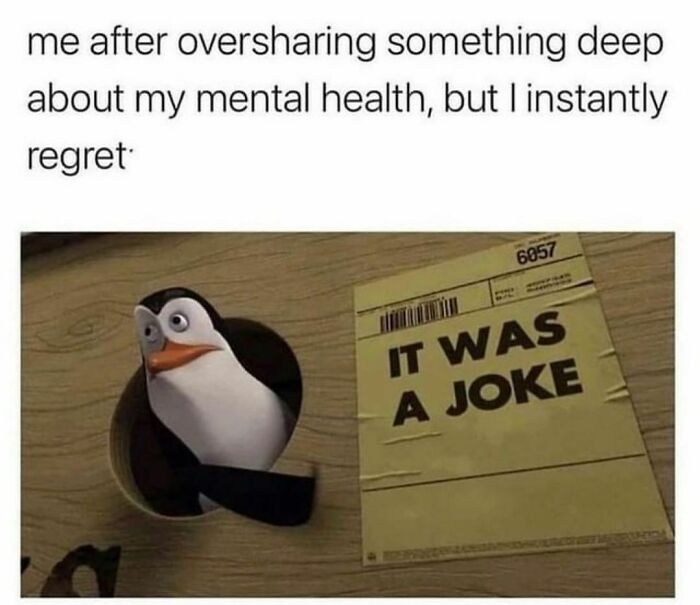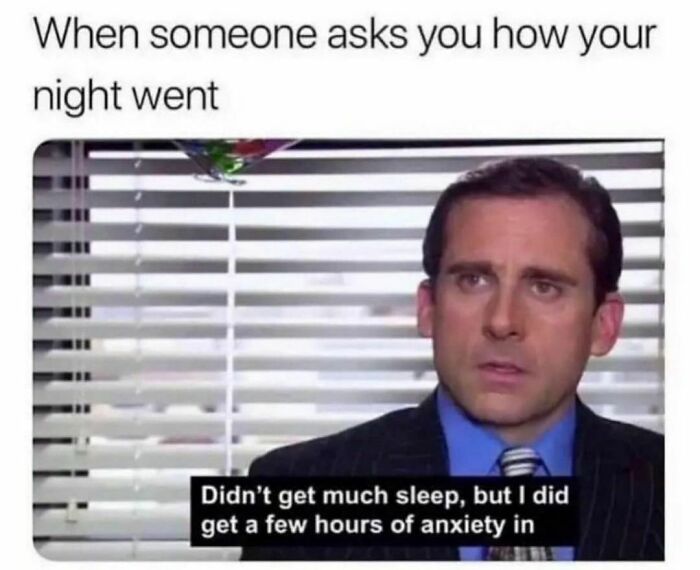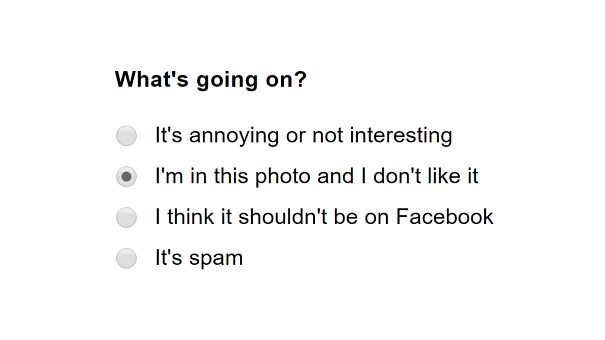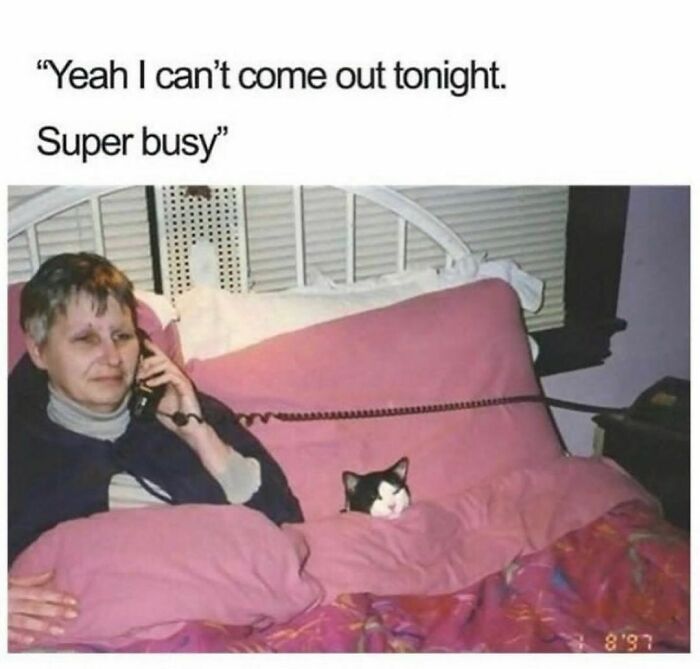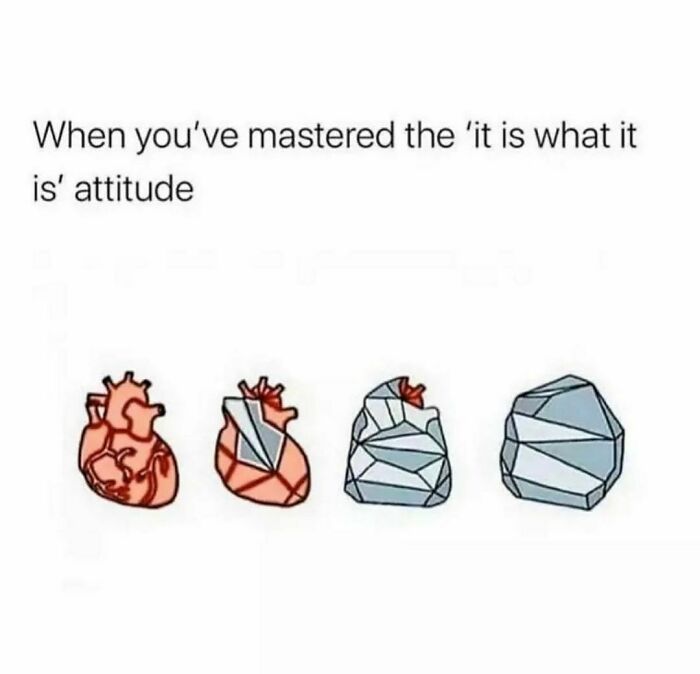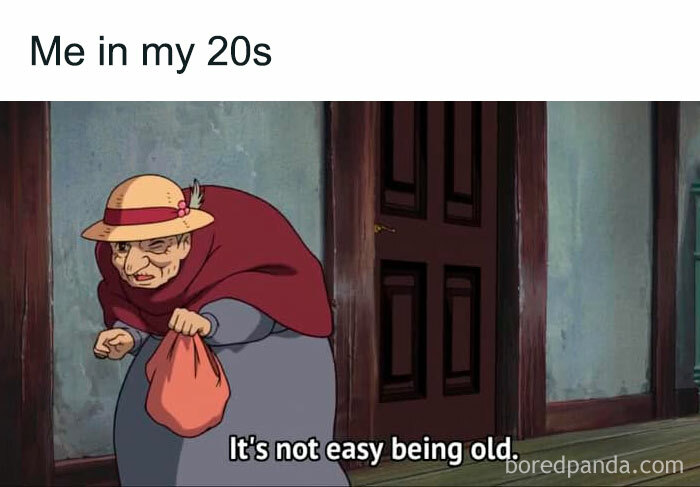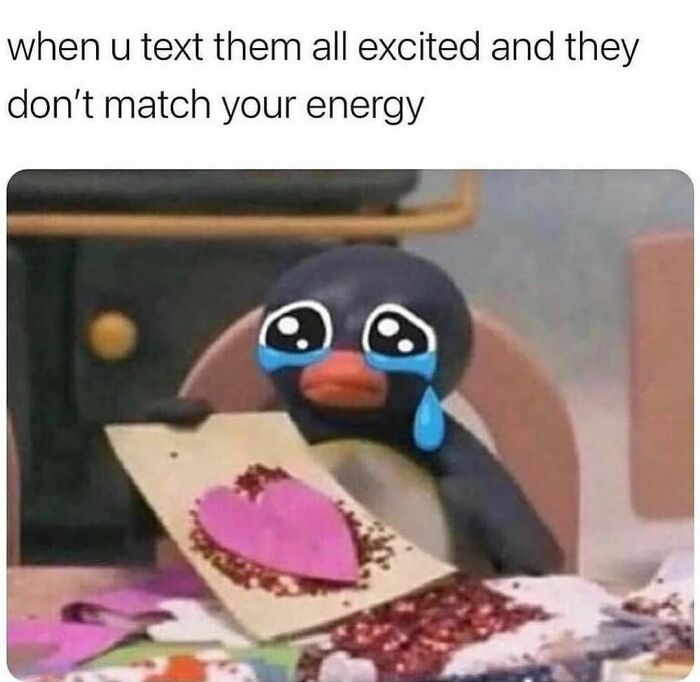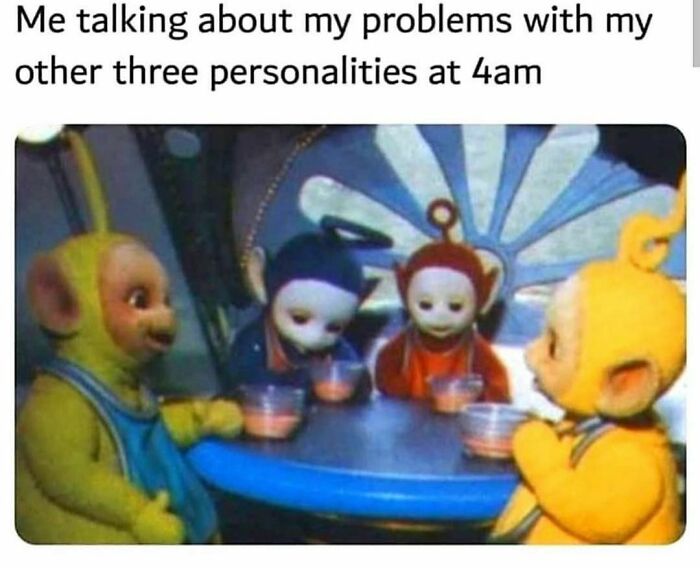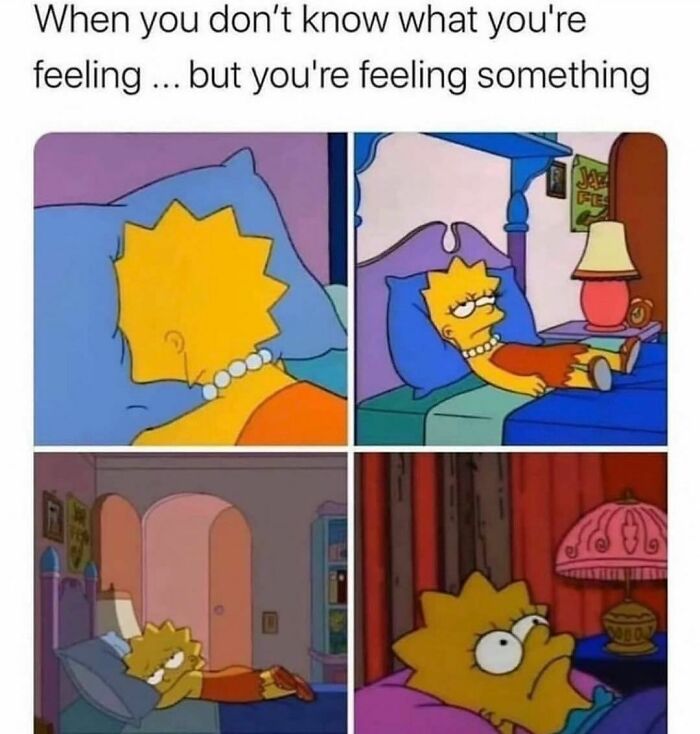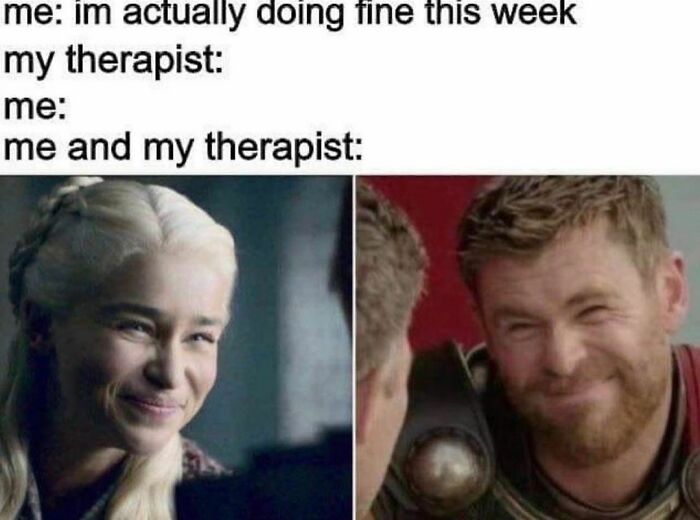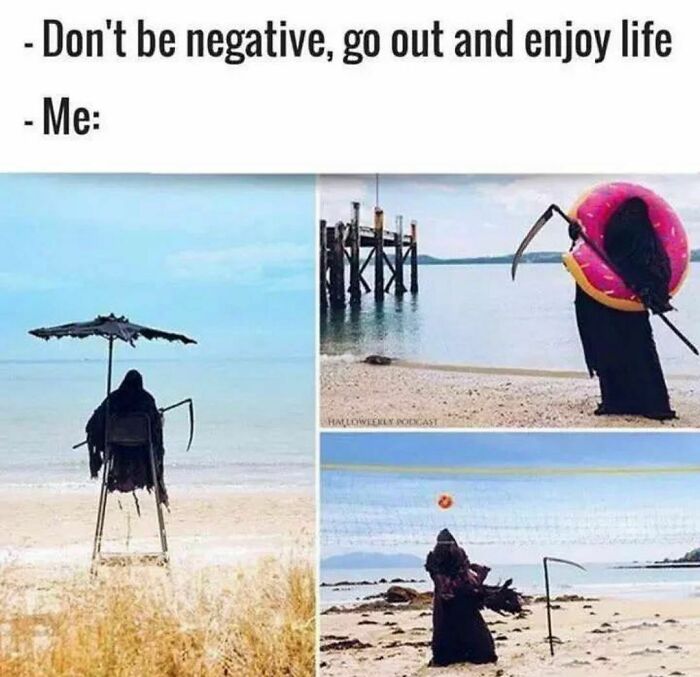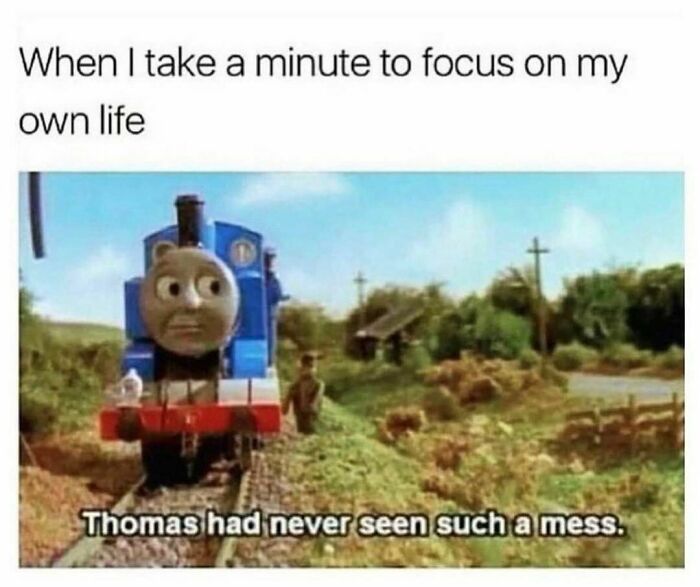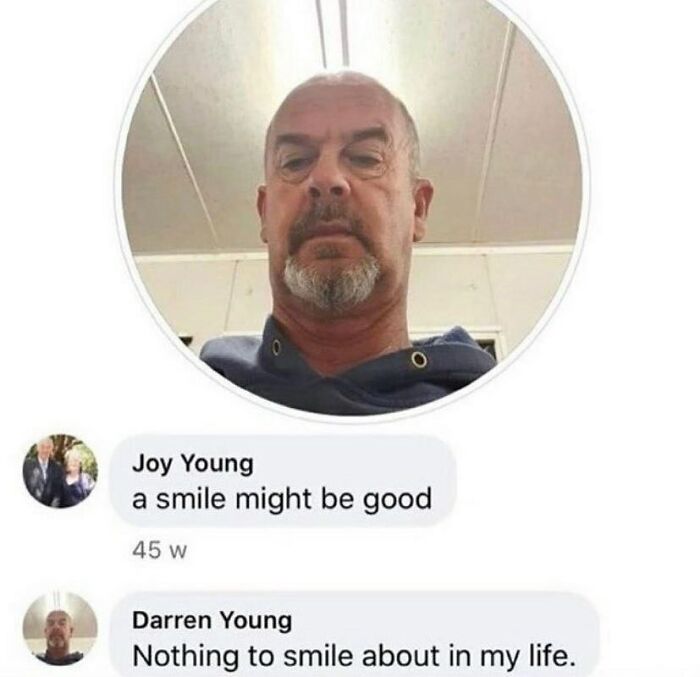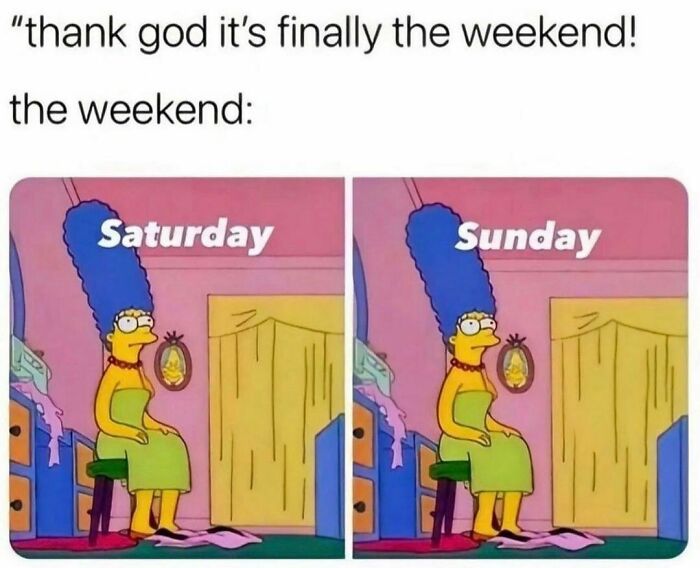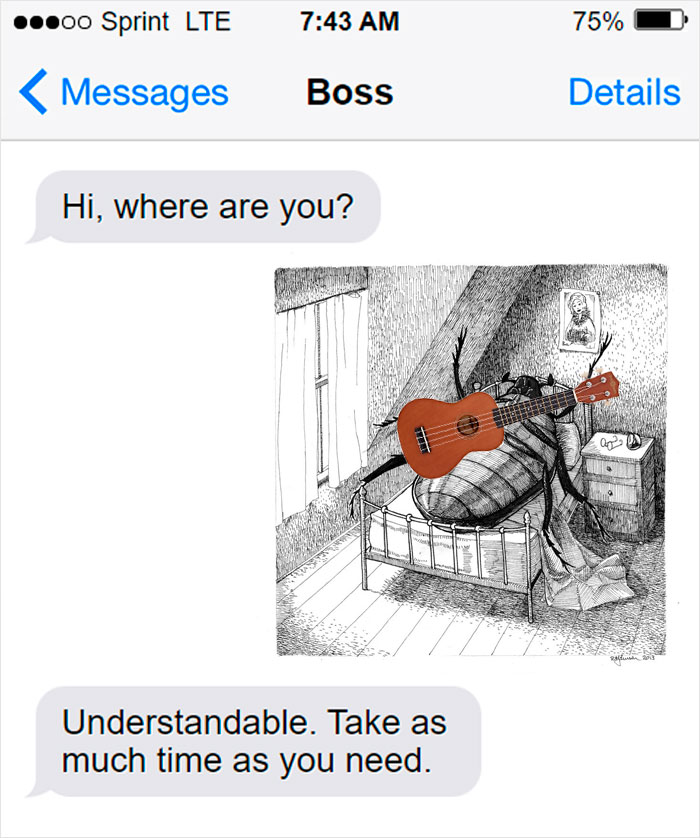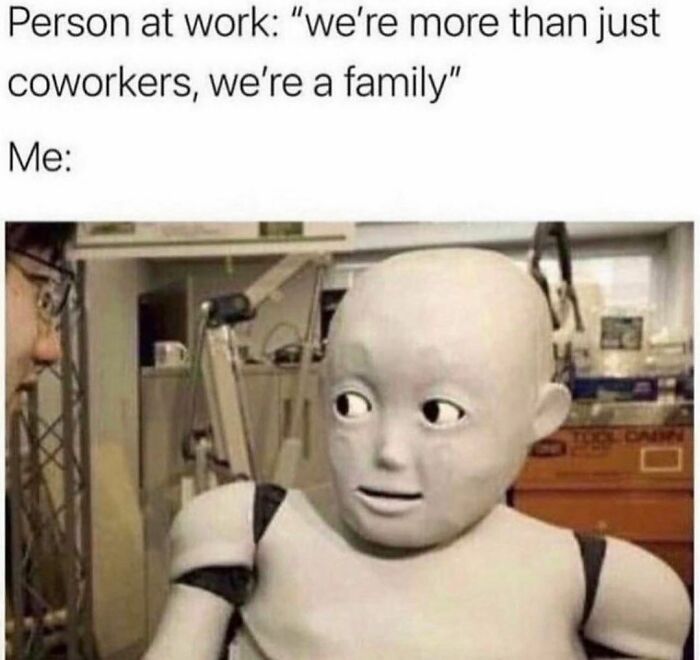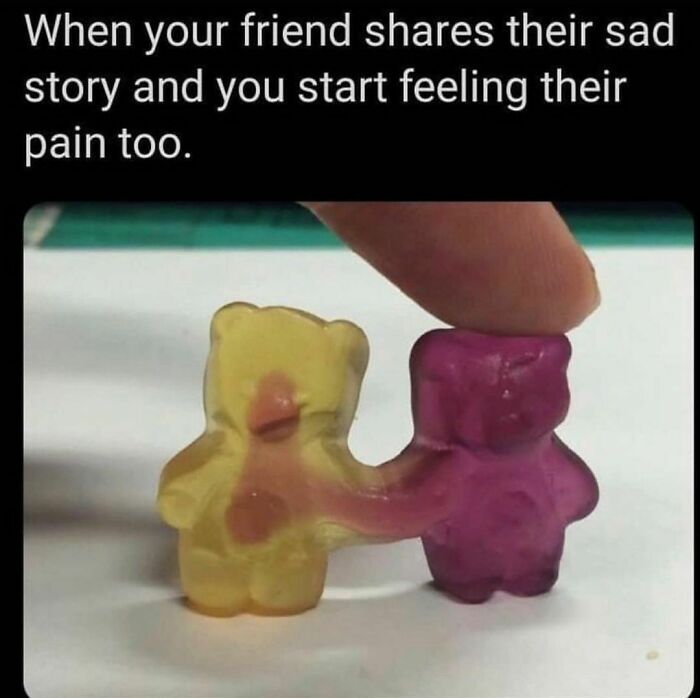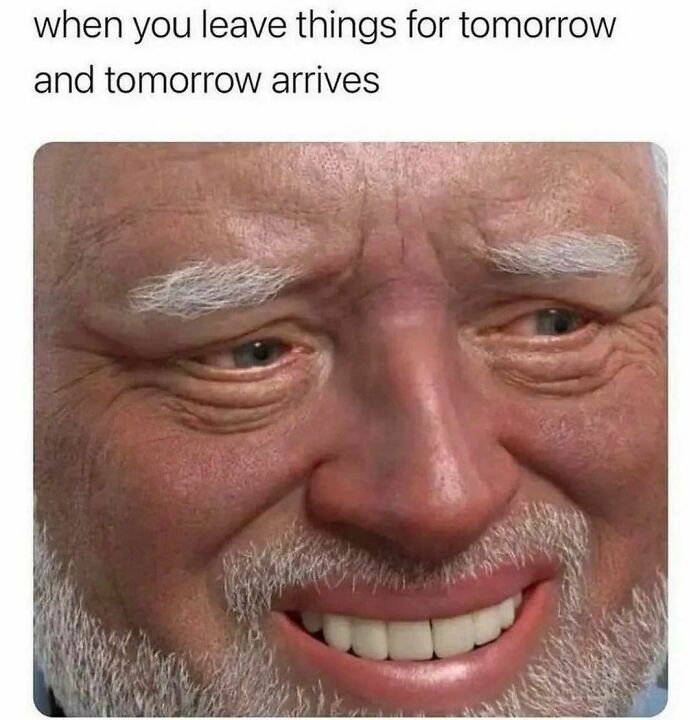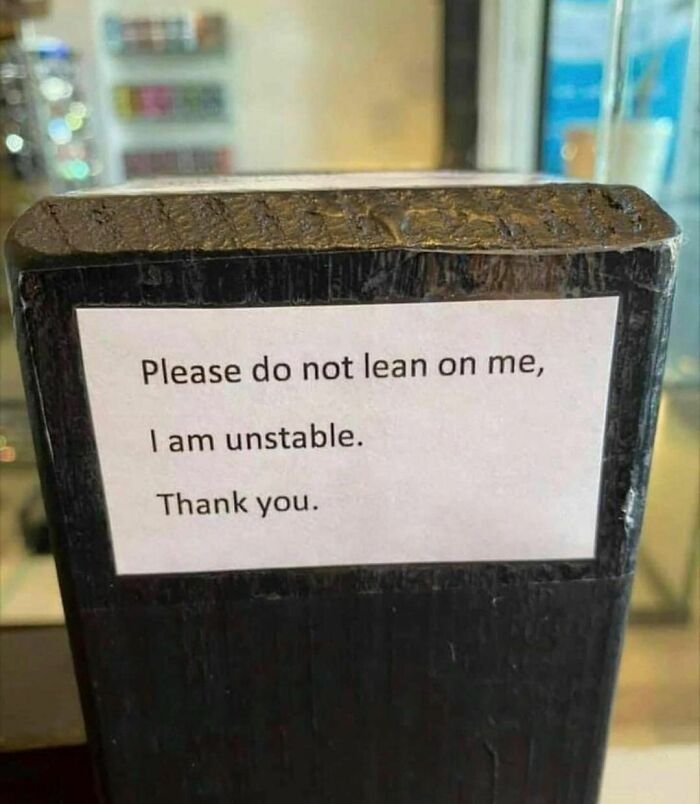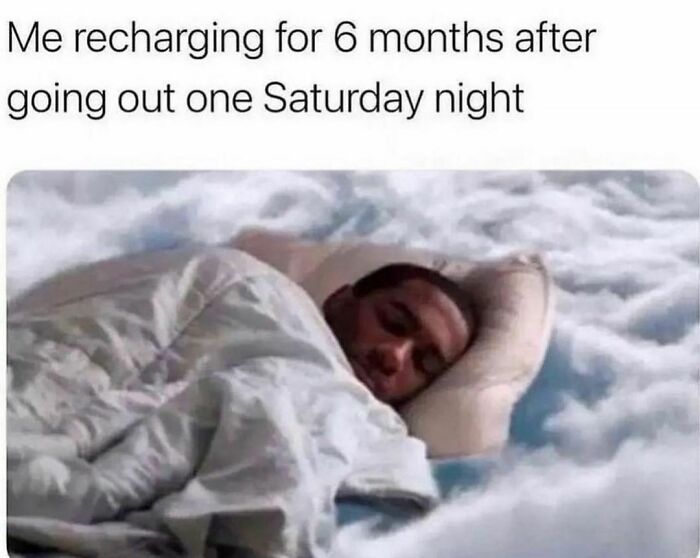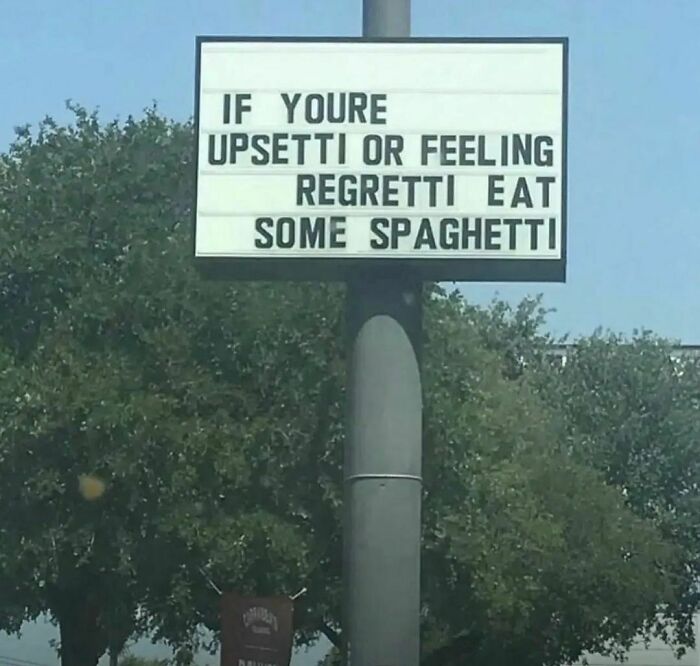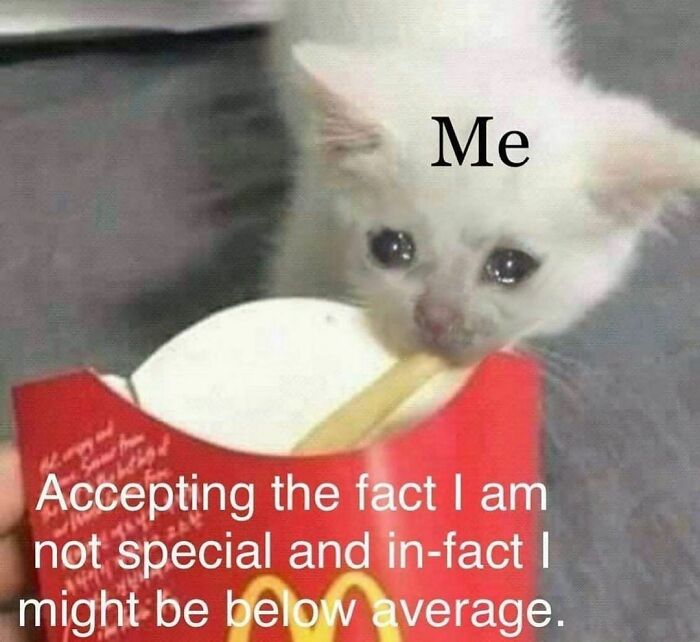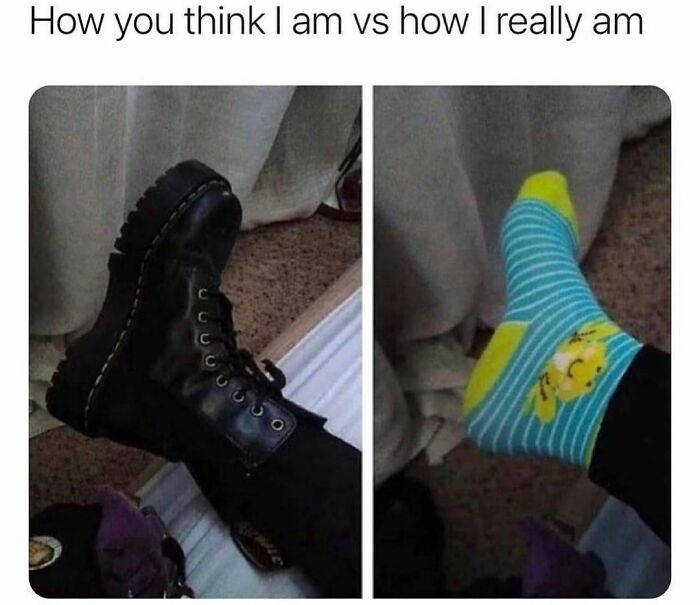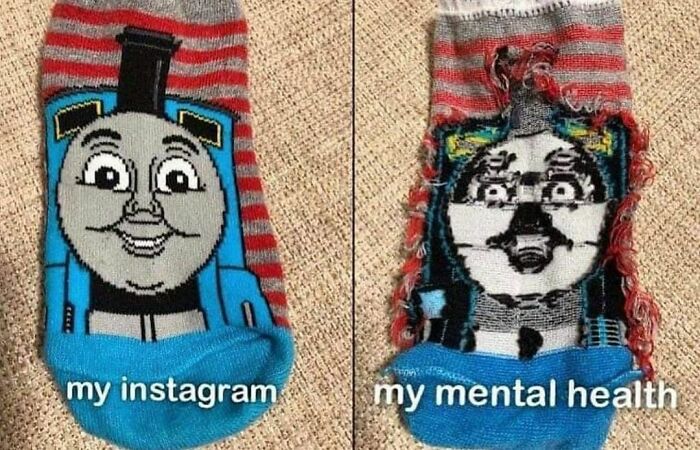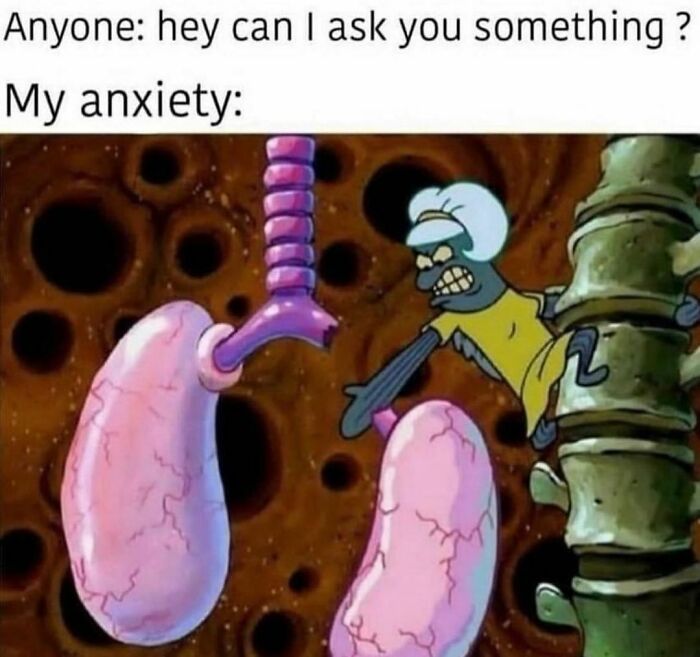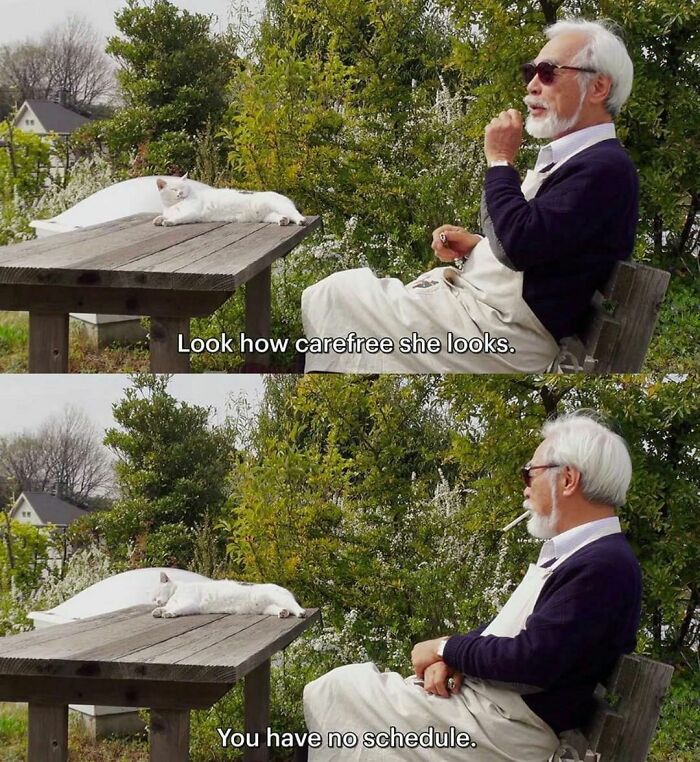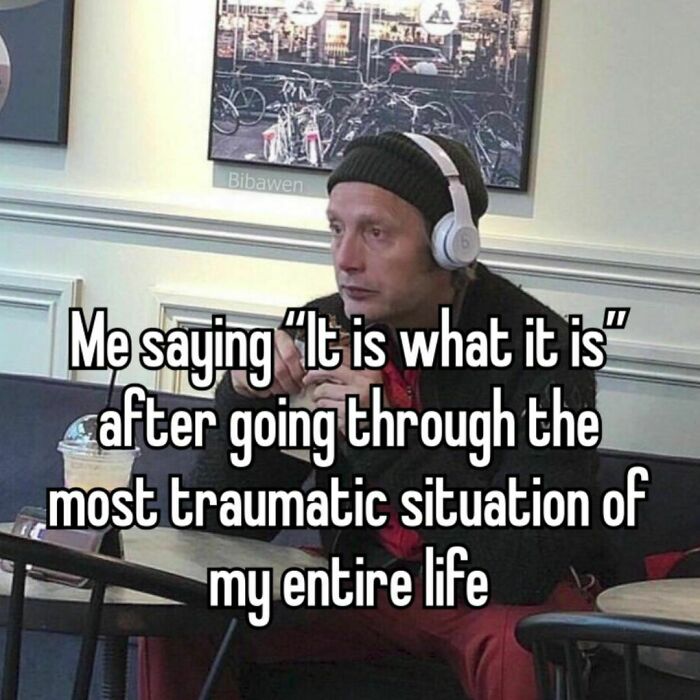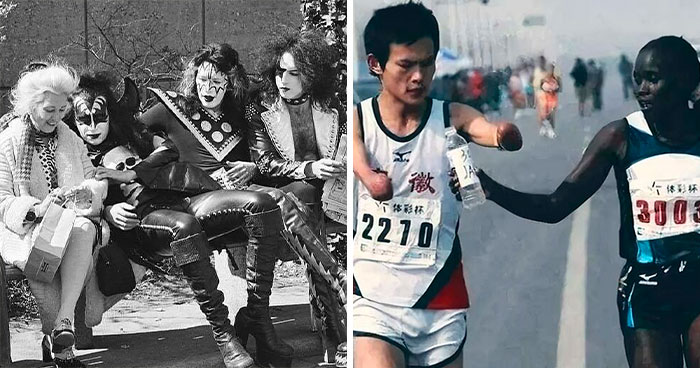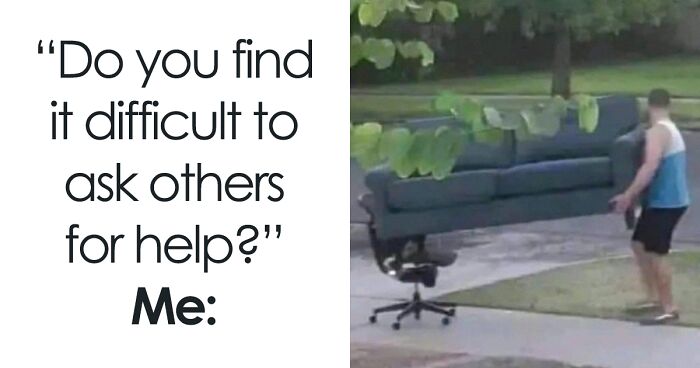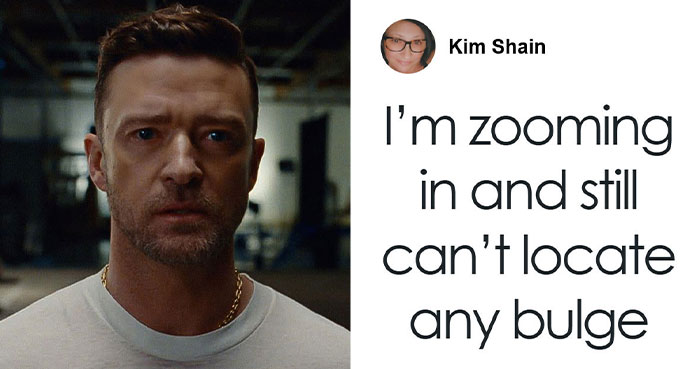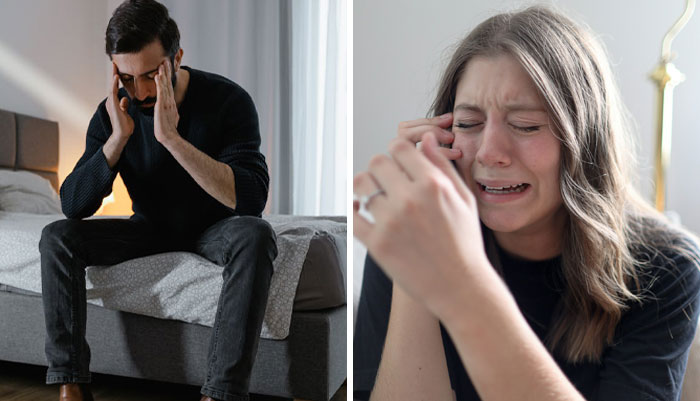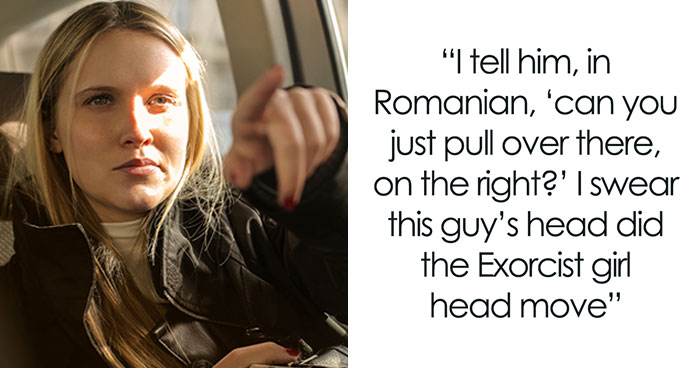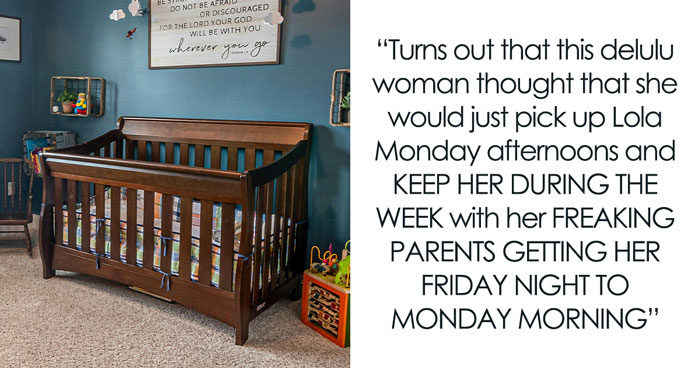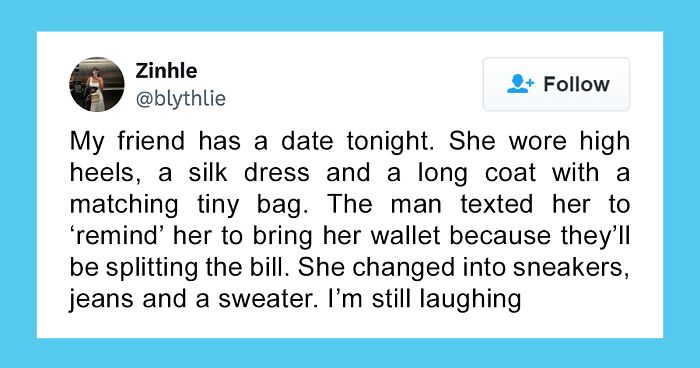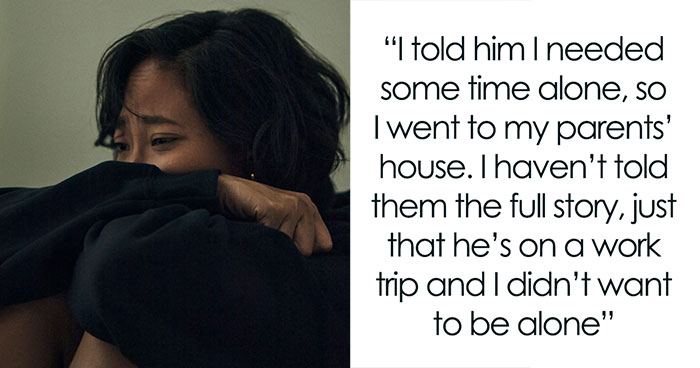
50 Memes That Might Hit A Little Too Close To Home, As Shared By “Freud Intensifies” Instagram
When the digital landscape is saturated with memes, some of them are bound to be painfully relatable. In fact, they can be so accurate, they might even transport you into the world of therapy where you get to poke fun at the not-so-bright moments of your life. As these light-hearted internet artifacts can speak to any emotion, they can even make you feel like lying on a Freud-esque leather couch yourself, quietly nodding to everything you see in agreement.
Therapy is a wonderful thing that everyone should consider trying out at least once in their lives, whether you're currently fighting your own mental health battles or not. But at the same time, it can also be quite funny. So to show you that humor is the best medicine and one of the best tools to cope with drama and trauma, we welcome you to a safe space to talk about hard things, otherwise known as the 'Freud Intensifies' Instagram account.
This social media project is dedicated to sharing absurdly funny and spot-on memes that might give you something to discuss for your next session. Or at least laugh about it together with your therapist. We've gathered some of the best pics from their feed, so continue scrolling, be sure to upvote the ones that make you feel seen, and share it with anyone who might need a bit of a boost! Then don't miss the chat we had about the stigma of therapy with clinical psychologist Joshua Klapow, Ph.D.
This post may include affiliate links.
'Freud Intensifies' has amassed a whopping 1 million followers who enjoy scrolling through the memes that make them feel seen and understood. It covers anything from mood swings, current difficulties, past trauma, depression and anxiety, which no one is immune to. By adding a touch of humor to the mix, this page is the place to be for anyone who enjoys a refreshing and even soul-soothing outlet that makes them feel less alone.
Although the page has gathered enormous popularity, therapy still appears to be a taboo topic in the eyes of many. However, we at Bored Panda are firm believers that all of this needs to change. After all, seeking professional help comes with a host of benefits, from helping you work through past trauma to arming you with healthy coping mechanisms and guiding you to a more fulfilling and happier life.
So to gain more insight on the topic from an expert, we spoke about the stigma of therapy and taking care of our mental health with Joshua Klapow, Ph.D., a clinical psychologist, performance coach, and creator of Mental Drive. Klapow works with individuals and organizations across the globe to help them improve productivity, health, and achieve their goals.
Hey, I once played a door in a school play. Yep, that’s absolutely correct, I ..was..a..door. My acting skills know no beginning.
Being the founder of a psychological well-being initiative that helps people access the best-in-class psychological tools to live healthier, more fulfilled, and successful lives, Klapow was more than happy to shine some light on the matter and assure us that the situation has been improving over time.
"We have come so far in reducing the stigma of mental health conditions and problems. But mental health conditions are silent," Klapow told Bored Panda. "They can look like everyday challenges, and it can be difficult to know when is it time to get help and when is it time to try to manage on your own."
Although the vast majority of people can benefit tremendously from counseling, "there are also strong cultural stigmas around mental health problems." The realm of therapy still remains quite mysterious to most, and one of the greatest challenges about this is that only the mental health professionals and the people going to therapy actually know what it is about.
"I always tell people that you may think you are the only one reaching out, but because of confidentiality, you don’t know that your friends, co-workers and family are also reaching out," Klapow added. "No one knows who is reaching out and who isn’t, so it becomes a secret. The reality is that despite the stigma, millions of people are actually reaching out."
While there are legions of negative labels put on therapy by society, one of the most common ones is that seeing a professional means you must be, well, "out of your mind." But, as Klapow always says, "'crazy' people don’t reach out when they have a problem. The most 'normal' and healthy thing you can do is reach out for help."
The clinical psychologist noted that when people are struggling, they should make the effort to tackle the issue: "Sanity is addressing the problem. Insanity is ignoring it."
The creator of Mental Drive also mentioned some of the reasons and motivations that make people reach out for help. "Typically, when problems with emotions, thoughts or actions are starting to impact our daily functioning, that is the cue for people to reach out."
"When we can’t do the things we want to do or need to do, when our friends and family are impacted, when we feel like we can’t manage, we tend to seek care," he continued. "The most common reasons are feelings of anxiety, depression, challenges with substances, emotional control."
Getting an unbiased perspective from a professional can be a wonderful step in taking care of your mental health, but opening your inner world for a stranger to dissect can feel a little bit scary. While it’s normal to be nervous about counseling, especially about your first session, a good therapist is bound to put you at ease. And remember, even when it may seem hard to tell your story at first, you’re probably going to feel much better for having told it, and leave a bit lighter than when you first came in.
Of course, one of the challenges of counseling is that there is a cycle of ups and downs as you get better. "I always tell people to give therapy at least 5 sessions before you make up your mind," Klapow added.
If you still need some convincing as to why seeing a therapist is absolutely worth the investment, the creator of Mental Drive explained some of its greatest benefits. "Most people feel so much better after the first session, typically because they have had a chance to focus on their issues in a safe, private and professional environment. They are able to feel what they want to feel, say what they want to say, and experience their situation with no judgment."
"For many, that is the first time they have been able to do that," he added. "However, as the work of therapy goes forward, there are times where you can feel not so good. As you learn to make changes, you can have sessions where you feel bad. But overall, you will always feel safe that the therapy space is one where you can move forward."
For those of you who want to seek therapy but feel shy or unsure of what to talk about during the appointment, Klapow said that taking the first step is key. "The biggest challenge you have is to go to therapy."
"You have to remember that just because you are talking in therapy, it doesn't mean you have to know what to say or how to say it. It is the job of the therapist (and this is what they are trained to do), to help you take your raw feelings and thoughts and form them into productive changes."
Klapow explained that sometimes, all you need to say is I don’t feel like my life is right or I’m not feeling myself. "I always tell people to talk to a therapist like you would talk to a physician. Tell them the symptoms you have been having (i.e., your mood, your thoughts, your energy, your sleep), how long you have been having them, and what is most concerning."
"Start there and let the therapist guide you. Your job is to have the courage to speak your mind, no matter what that is. You do not have to know the direction," the licensed psychologist concluded.
I live with someone who will be shown proof I am right and then say " well, you can't always believe everything you read on the internet." Every time. He is a nightmare to live with. If I had a decent support system for me and my disabled son I would have been gone years ago.
I would even courteously agree with you, but then we would both be wrong
"Of course I'm not mad! If something's hard to do then it's not worth doing! You just put that guitar away in the closet with your karate outfit and your ham radio, and we'll go watch TV."
i guess i have no one to share the burden of being simply the best with /s
I always try to keep in mind that everyone learns things at different times. There are some things though where it's just "...how."
Self-reform is always a marathon exercise. And in a marathon, the first one in, wins.
Isn’t that a great feeling though? Finally being able to pay attention and stop making the same stupid mistakes? Okay, got one mastered, what about the other thousand?
Something similar happened to me today, and I slept through my alarm and missed my therapy appointment.
Tattoo artists are actually amazingly good listeners. Last time I was at the local parlour one guy was getting some text put on his wrists, which turned out to be in his wife's handwriting - and she had recently died in a car accident (he had some recent injuries on his hands, so I suspect he was in the car with her). His tattooist was incredibly kind and caring toward him, and when the poor man started crying he hugged him. (Hell, I myself was there getting a memorial tattoo of my dead dog, and everyone working there was super nice about it and talked about their own pets).
Comment or upvote if you managed to read EVERY one without skipping to the bottom.
And then you have those of us who've made friends in the past only to be stabbed in the back (including by family members) Once this happens a few times, you lose all desire to "just make friends", because the prospect of dealing with that pain again is too overwhelming.
I feel this list horribly mixes up different things, e.g. being an introvert (nothing that needs "fixing"), vs. serious mental health issues (needs help), vs. being anti-social, vs. lacking friends...
Oh you make it sound so easy.... But believe me, if you're not lucky enough to find someone to spend your life with, the older you get, friends become fewer and fewer..... Till one day you're alone..... Easy enough to say " make new friends" when you're young, damn near impossible in your 50s, it's not a case of laziness, as you seem to be insinuating, it's a cold, hard reality of life..... All of my close friends were female, so once they got married ,or in long term relationships, the contact became less and less, because their partners usually mistrusted their friendship with a straight, asexual male....( I'd rather be alone than cause friction in someone else's relationship,anyway...).
Load More Replies...Comment or upvote if you managed to read EVERY one without skipping to the bottom.
And then you have those of us who've made friends in the past only to be stabbed in the back (including by family members) Once this happens a few times, you lose all desire to "just make friends", because the prospect of dealing with that pain again is too overwhelming.
I feel this list horribly mixes up different things, e.g. being an introvert (nothing that needs "fixing"), vs. serious mental health issues (needs help), vs. being anti-social, vs. lacking friends...
Oh you make it sound so easy.... But believe me, if you're not lucky enough to find someone to spend your life with, the older you get, friends become fewer and fewer..... Till one day you're alone..... Easy enough to say " make new friends" when you're young, damn near impossible in your 50s, it's not a case of laziness, as you seem to be insinuating, it's a cold, hard reality of life..... All of my close friends were female, so once they got married ,or in long term relationships, the contact became less and less, because their partners usually mistrusted their friendship with a straight, asexual male....( I'd rather be alone than cause friction in someone else's relationship,anyway...).
Load More Replies...
 Dark Mode
Dark Mode 

 No fees, cancel anytime
No fees, cancel anytime 


